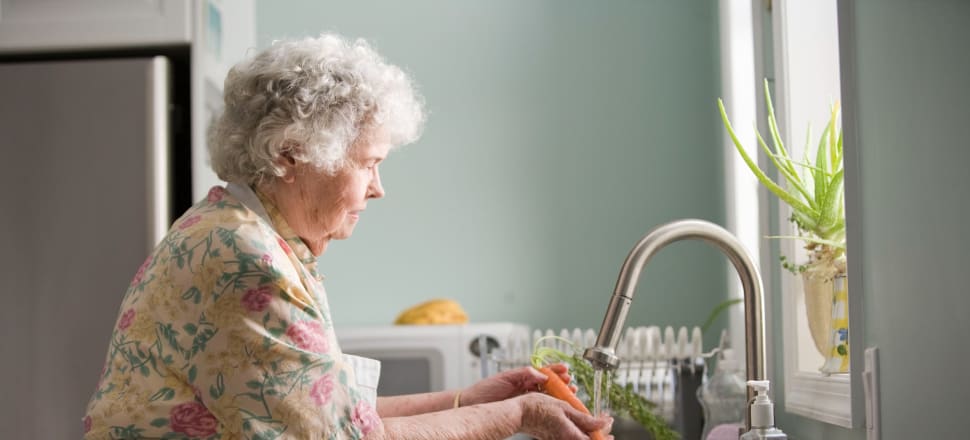
New Zealand’s largest retirement operators are cutting back on building care beds as the sector moves deeper into crisis
Access to aged care will become increasingly more difficult for non-homeowners as some of the country’s biggest developers of care beds cut back to providing for existing residents.
During an investor presentation yesterday, Ryman Healthcare announced it would cut the number of beds it would build at its upcoming villages from around 120 down to 40, citing central government funding issues.
Its contemporary, Summerset, said it had made a similar decision earlier in the year.
Care bed funding is different from region to region, but the sector works it out to an average of just over $150 a bed a day, compared with around $1000 per bed per day in the public health system, which pays its nurses 20-30 percent more than aged care nurses.
According to consulting firm Ansell Strategic, the New Zealand aged care industry is underfunded by $425 million annually.
The pay disparity has made it near impossible for the sector to compete for nurses in the tight labour market, resulting in rationing of care and closures of wards or whole facilities.
Substantial players such Metlifecare and stock exchange-listed Summerset and Ryman have been able to make providing care work by cross-subsidising from their profitable retirement village operations.
Aged Care Association chief executive Simon Wallace said Ryman deciding subsidising its care operations was no longer palatable was troubling.
The implications
“It has to be a huge concern to a sector, which is already losing a lot of beds because we don't have nurses, and the only companies that are building are the likes of those large listed companies because they're doing that through cross-subsidisation.”
It has severe implications for the future of aged care sector, which is easily the largest provider of healthcare in the country.
“We're heading down a track where over the next 20 years, we're going to need another 40,000 beds on top of the 40,000 we currently have, but we're going backwards at the moment, we're closing beds because we don't have nurses and now we've got the larger organisations cutting back the construction of new beds.
“This is a really dire situation for older New Zealanders who are growing in number.”
A Ryman spokesperson said the company had built more care beds in recent years than any other operator with 4239 care beds in Australia and New Zealand.
That compares to its 2404 serviced apartments and 6134 independent units.
“Historically we’ve built larger care centres but with current government settings, the economics of this have changed.
“This is not out of step with what the rest of the industry is doing,” the spokesperson said.
The care suites it will build from here on out will provide a continuum of care for its retirement village residents, whereas the large care facilities it built in the past provided care for people from outside its retirement portfolio.
It is also looking at providing more in-home care for retirement village residents, which would allow them to live independently for longer, increasing quality of life and relieving pressure on the care industry.
Metlifecare is actually carrying out a significant programme to add care and hospital beds to 10 of its existing villages and to future villages, though this is also aimed at continuum of care for existing residents.
Home ownership
Getting into the continuum of care that Summerset and Ryman’s beds service will require the purchase of a retirement unit, which typically requires a house to sell, making access to adequate care in old age more difficult for the growing number of non-homeowners.
Wallace said this could be an issue in the future.
“With the way the housing market is going, when you look well ahead, that will become an issue in terms of housing affordability because people won't have the equity to be able to buy into those villages.”
The Aged Care Association has been focused on equitable access of care for some time, with concerns premiums charged by care operators to get around the insufficient funding would create a two-tiered system.







